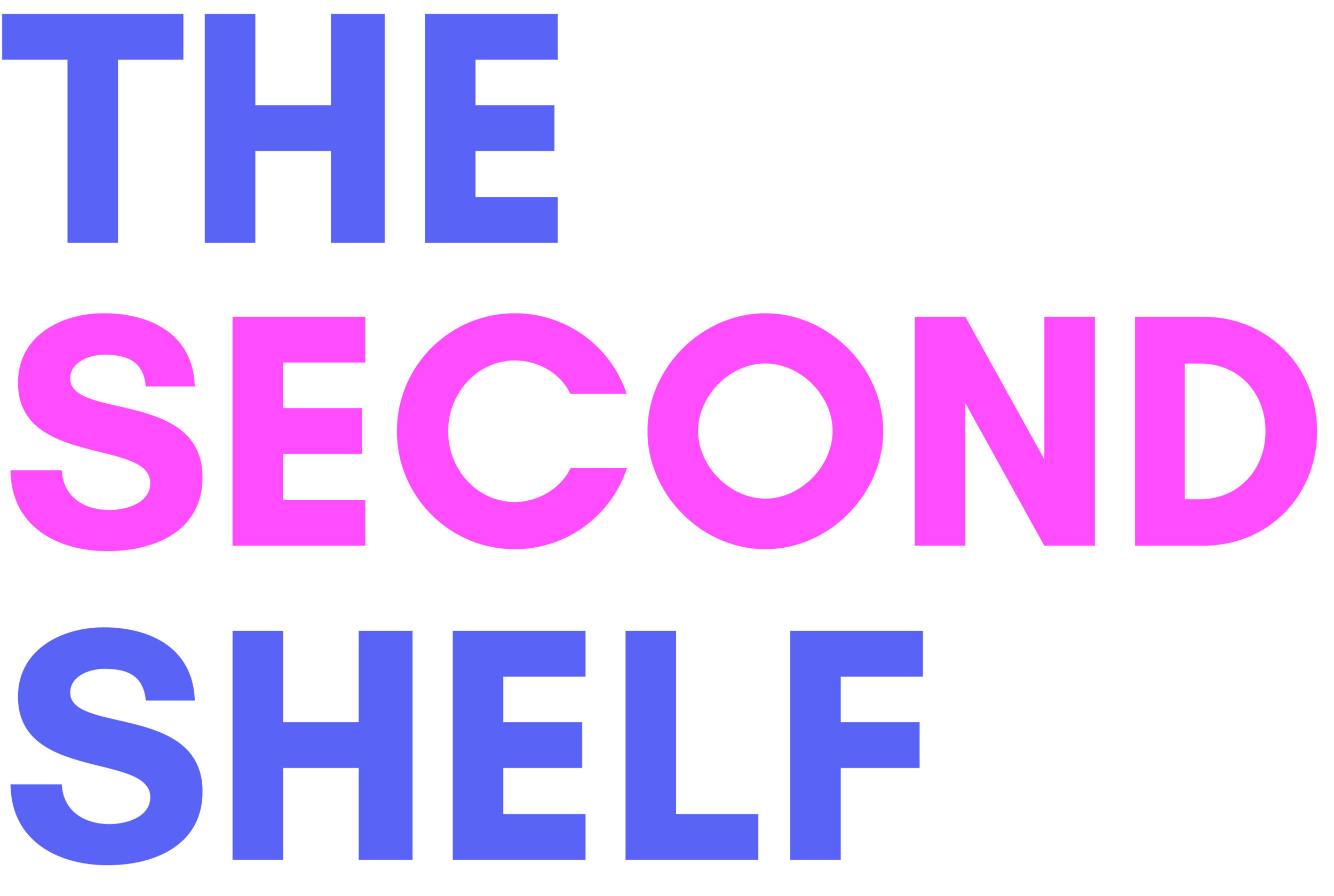Everybody's Autobiography by Gertrude Stein
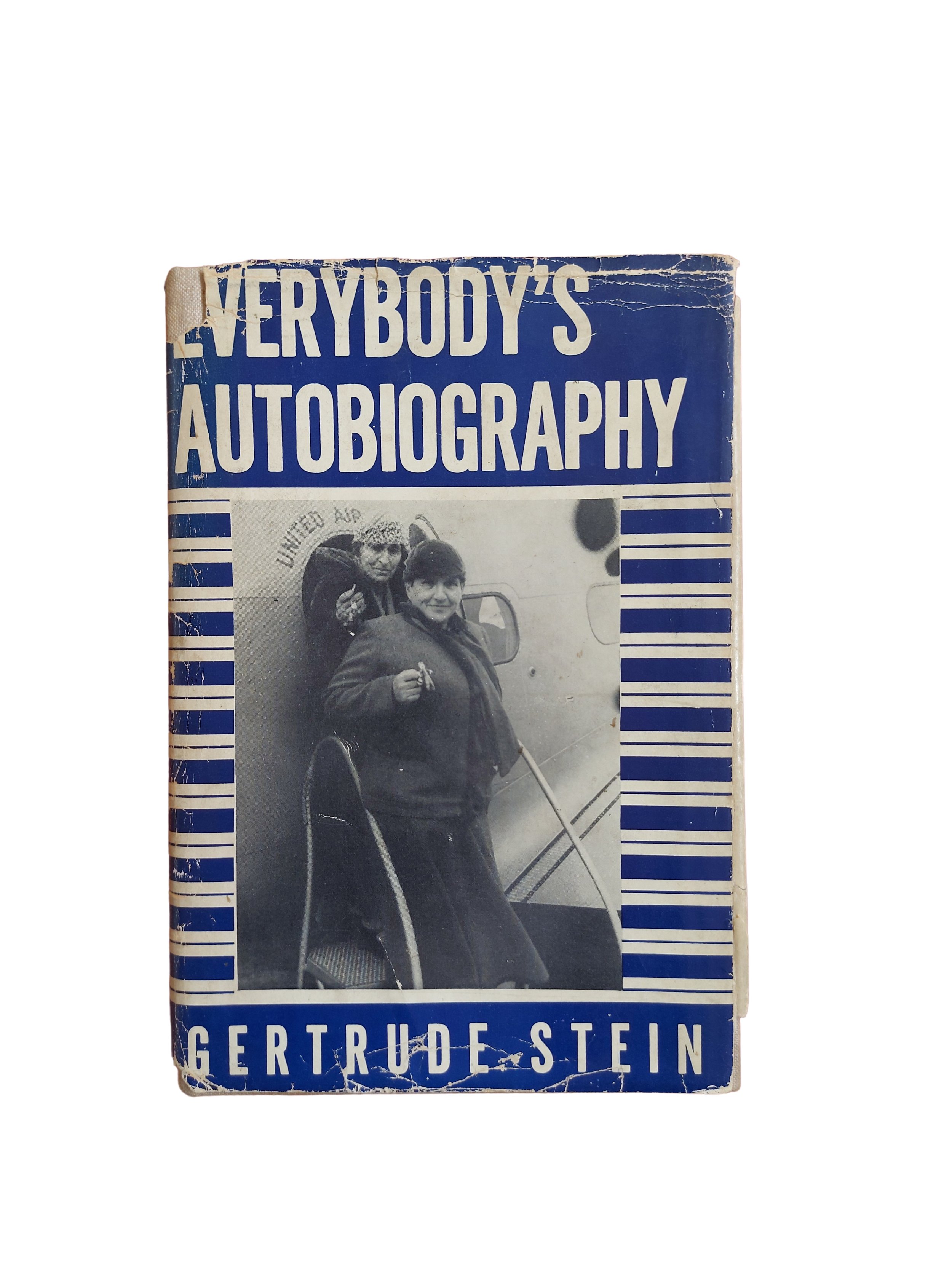
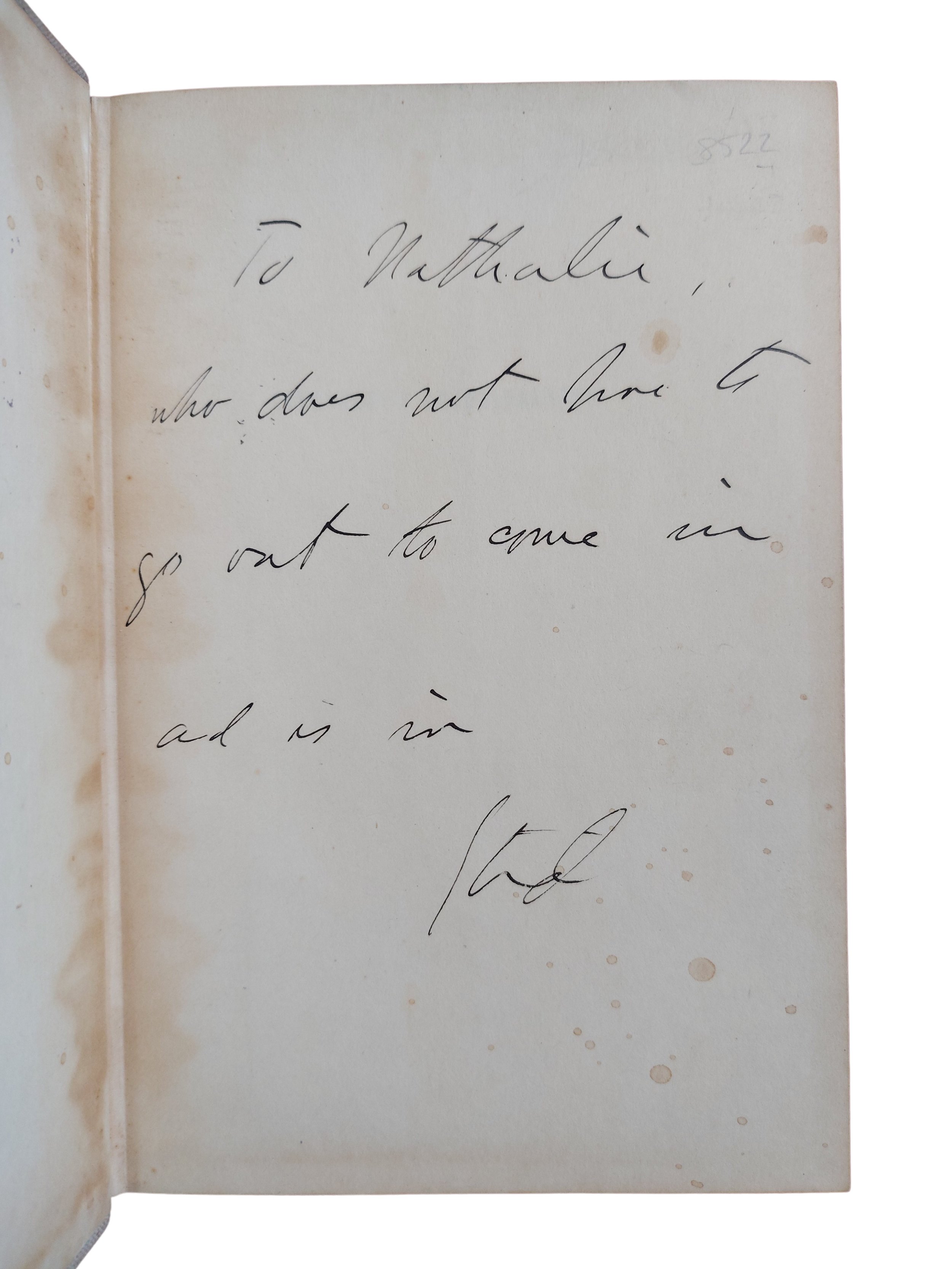
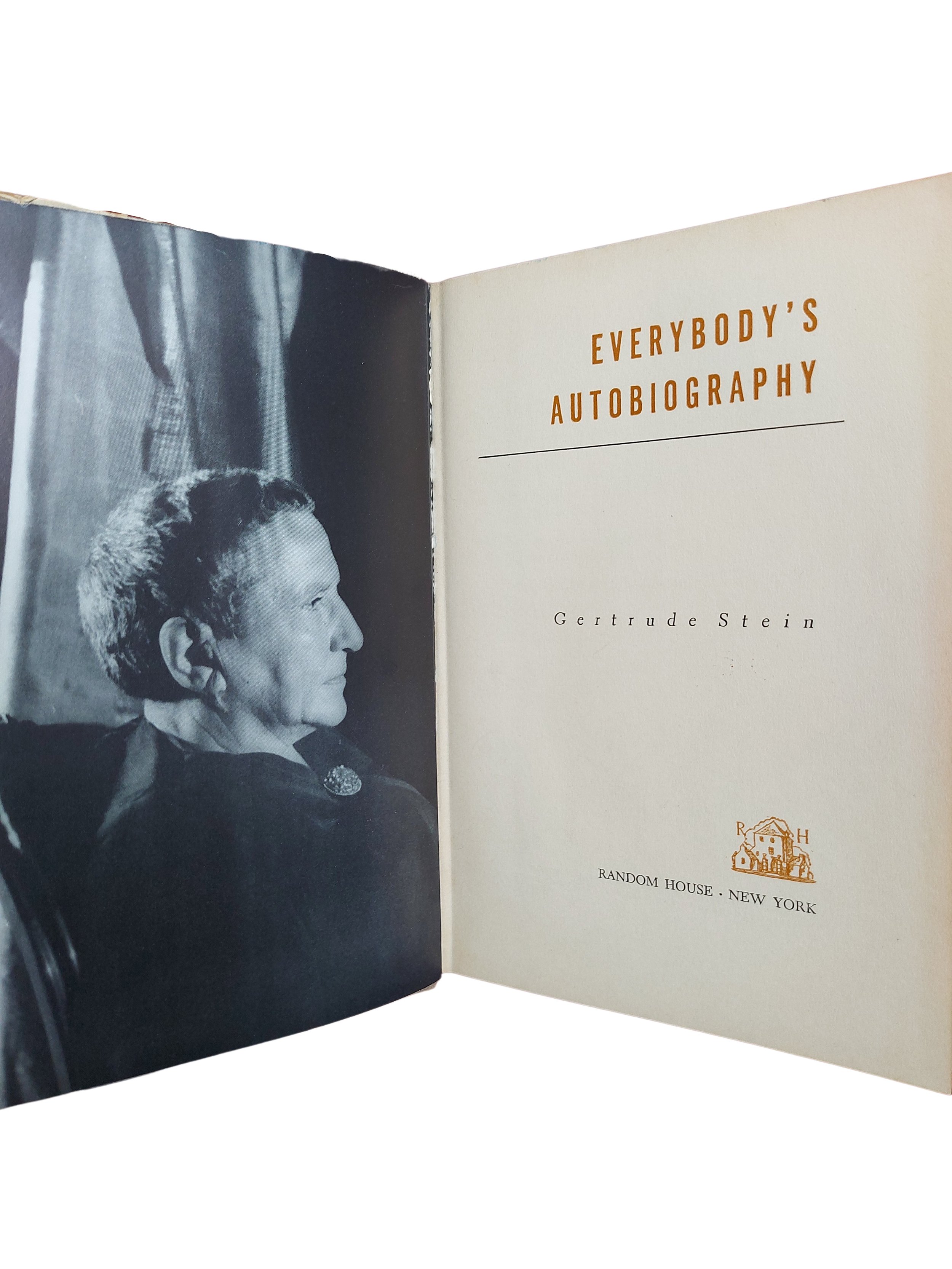
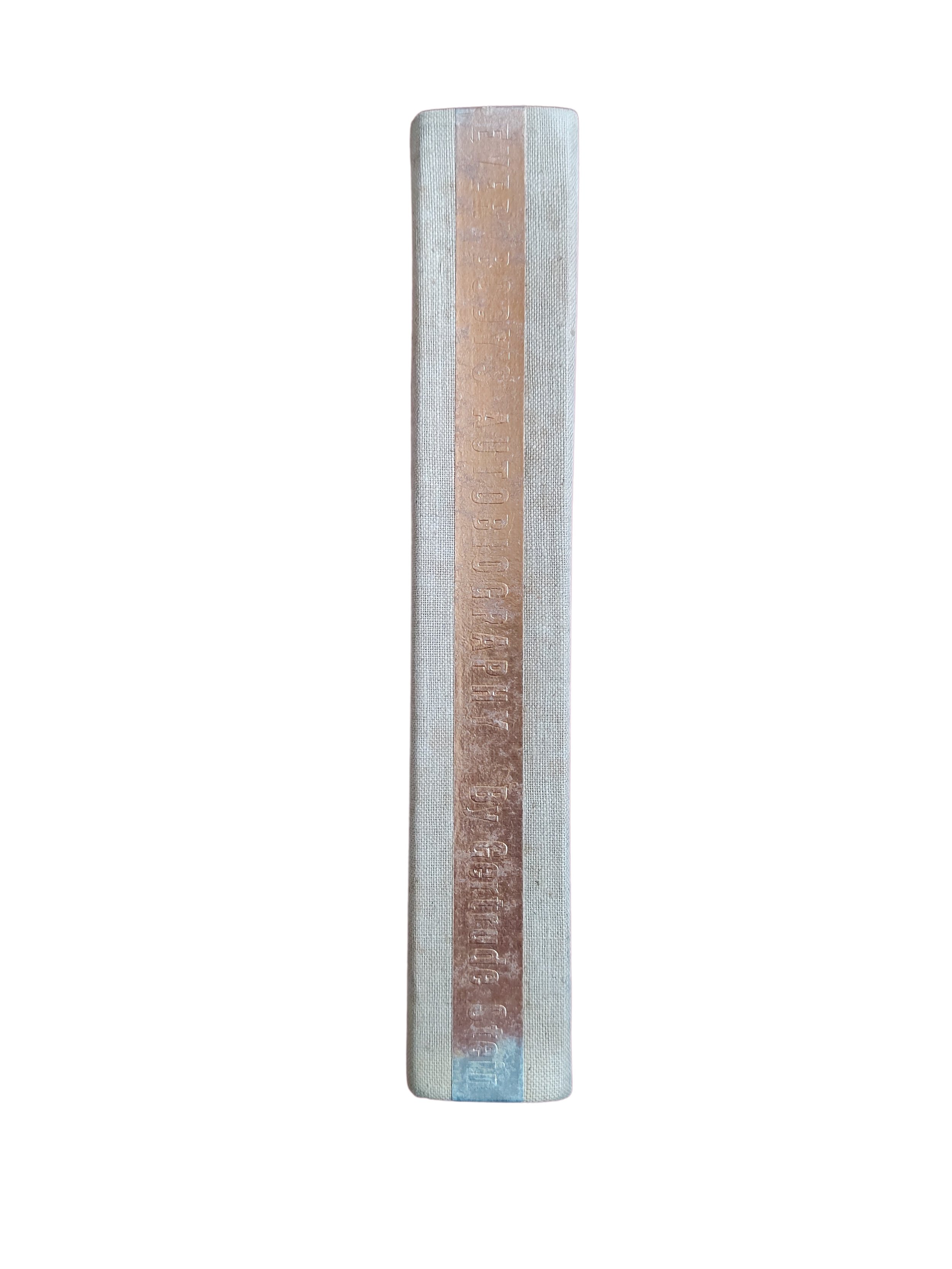
Everybody's Autobiography by Gertrude Stein
“To Nathalie [sic], who does not have to go out to come in, and is in - Gertrude”
The recipient of this extremely Stein-y inscription is Natalie Clifford Barney, the energetic lesbian expat poet, patron dame of the Lost Generation and founder of the Women’s Academy (in response to the Paris based Men’s Academy). She was famous for her salons, held at her home in Paris on Rue Jacob, and frequented by the glittering nobility of the Modernist movement including, at various points, Andre Gide, Pierre Louys, Sinclair Lewis, Rilke, Louis Aragon, F. Scott Fitzgerald, and the doomed but talented Harry and Caresse Crosby, not to mention the regular visits from Peggy Guggenheim, and Sylvia Beach, founder of the English bookshop in Paris, Shakespeare and Company.
Barney was instrumental in the translation of passages from Stein’s The Making of Americans, and Stein seems to have attended the salons on at least a couple of occasions; her partner Alice B. Toklas became a regular attendant after Stein’s death in 1946. Barney was a famously out and open lesbian, having powerful and public relationships with Liane de Pougy, Eve Palmer Sikilianos, and perhaps most intensely with Renee Vivien (the pen name of the incandescent poet Pauline Tarn). Barney and Vivien’s turbulent relationship initially only lasted 3 years, but later expanded into a kind of push and pull of each tumultuous personality breaking up until a final conclusion in 1904, which sent Vivien into a downward spiral of drink and chloral hydrate that ended with her death in 1908. Barney said of Vivien “She could not be saved. her life was a long suicide.”
First edition. Publisher’s original oatmeal cloth with copper gilt spine decorative strip running the length of the spine, a little tarnished and rubbed, cloth a trifle soiled and grubby, but the book is built on rather monumental lines and is otherwise strong, clean and solid. Very good example of dustjacket, a little worn and creased to extremities, most notably the upper edge, and with sections of loss to the head of the spine interfering with the title at head of spine and top edge of front panel. Internally clean, some inoffensive spotting. Its flaws are gleefully offset by the inscription to the front free endpaper. A potent association of gay literary women.
New York: Random House, 1937. First edition.
